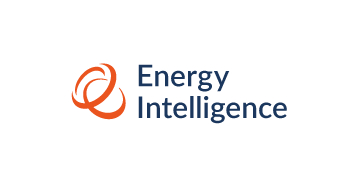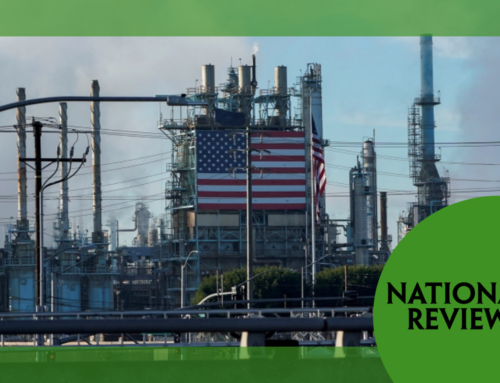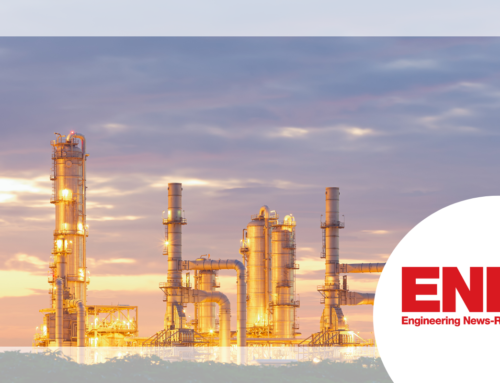Q&A: CEO of ‘Green’ Refiner Touts Bakken, Permian Projects
Deon Daugherty, Houston – Energy Intelligence
Meridian Energy Group, a private company based in North Dakota and Houston, TX, is working to build the first greenfield refineries in the US in more than 40 years. CEO William Prentice shared his views of the business and why the Bakken Shale and Permian Basin will be ideal places to establish what the firm calls “green refining.”
Q: Why has it been 40 years since a ground up refinery project was constructed?
A: A new refinery is a very expensive and risky undertaking, particularly in connection with obtaining permits for a new refinery, and until recently the industry has preferred to simply put BandAids on old plants rather than upsetting the status quo with the permitting agencies. Meridian is a disruptive new entrant into the industry and is not afraid to do things differently either, in terms of applying advanced technology or taking steps that disrupt the industry’s relationship with state and federal regulatory authorities. Because of the shale revolution, the time is ripe for a new firm to lead industry change, and that is the role that Meridian intends to fill.
Q: As a private company, how are you funding $1 billion refinery projects? Are you working with private equity, individual or institutional investors?
A: Meridian has engaged two world class investment banking firms as financial advisers, placement agents and investment bankers for its project financings, and those firms provide Meridian with the necessary access to equity funds and other institutional investors as needed. In the interim, Meridian is funding its operations through smaller financings at the parent company level.(*See supplemental note below)
Q: What is the demand/supply balance?
A: In each location that Meridian builds one of its refineries, there will be additional demand by Meridian for the locally produced crude oil, increasing its value, and there will be an increased supply of refined products (gasoline and diesel fuel), reducing local prices to consumers. Meridian’s plants will create greater competition that will benefit both crude oil producers and fuel consumers.
Q: What is the status of the Permian refinery project?
A: Meridian just established site control on the Greenfield Project [in March] and is beginning the design and permitting process for that facility.
Q: How many fulltime jobs will result? How many total workers (including contractors, subcontractors)?
A: Construction of the [Bakken] refinery may require as many as 500 people, with that number peaking sometime during 2020. Permanent employment at the Davis Refinery [in Belfield, North Dakota] will be about 100-150.
Much like that of the Davis Refinery, the Permian refinery will utilize up to 500 construction workers and result in around 250 fulltime, competitive paying positions; 1,500-2,000 induced or indirect jobs will be created from the refining jobs within every area Meridian builds a project. Given a choice, Meridian would prefer to train up folks that have the right work ethic and are otherwise qualified rather than hire personnel that bring the wrong kinds of industry traditions with them. This is a new kind of refinery and deserves a new way at pulling the operating team together.
Q: What makes your refinery projects the “greenest?”
A: This project is the first full conversion refinery to ever qualify for permitting as a Synthetic Minor Source, with emissions control systems that meet Class 1 Air Quality standards. The design of the Davis Refinery enables the facility to have emissions of about one tenth that of the industry average on a per barrel of capacity basis.
Q: How does US President Donald Trump’s regulatory rollbacks affect how you do business?
A: Meridian is focused on building and operating facilities that can be permitted and operated under state regulatory authority and does not envision ever being in the situation of being limited by the dysfunction of federal regulatory processes. As a result, we have limited interest in whether or not the federal bureaucracy becomes incrementally more or less efficient.
Q: What was your strategy for building relationships with neighborhoods near the Davis refinery?
A: Our strategy has been to be a valuable member of the community from the start. We’ve maintained full transparency and have organized town hall meetings so we can hear directly from members of the community their questions, hopes, concerns and everything in between.
Meridian also has plans in place for job training as well. Meridian was founded by the Davis Family Partners, a group composed of former North Dakota residents who had to leave North Dakota when they got out of school to find employment. Their objective was to create long term, high paying job opportunities for the residents of North Dakota so that other North Dakota families won’t go through that experience.
* To elaborate on this answer, the firms that Meridian has engaged to complete the Davis project financing, after months of due diligence, have expressed a high degree of confidence that they will complete that project financing in a timely manner as soon as the FEED is completed and other development items are finalized. Furthermore, those firms are, as Meridian’s financial advisors, assisting Meridian on a day-to-day basis to complete these items in a manner that will ensure the success of the project and the financing. These firms are also actively assisting Meridian on its Preferred Stock raise by providing Meridian with referrals to potential investors and through meetings with investors to discuss their due diligence efforts to date.
Visit Energy Intel Here (EnergyIntel.com)







Leave A Comment